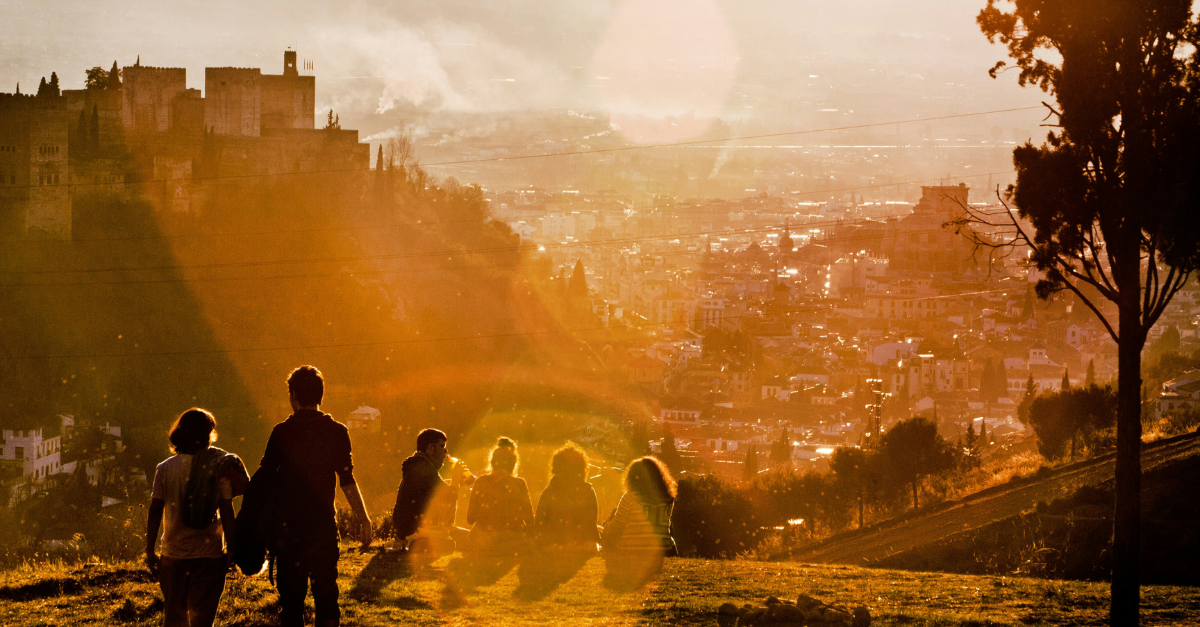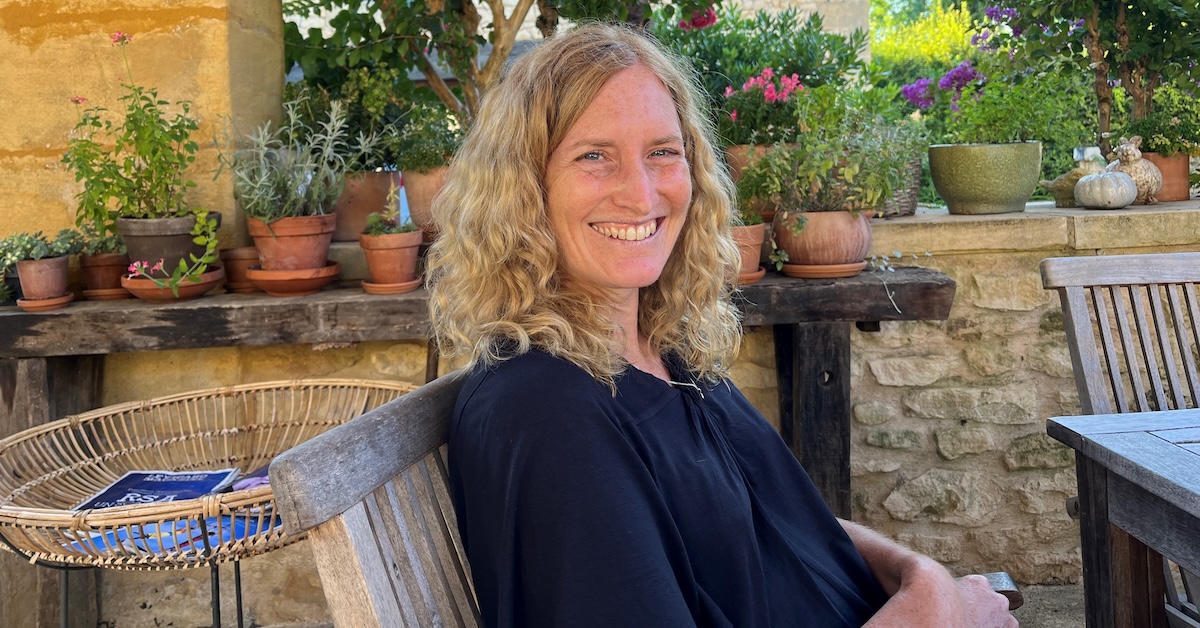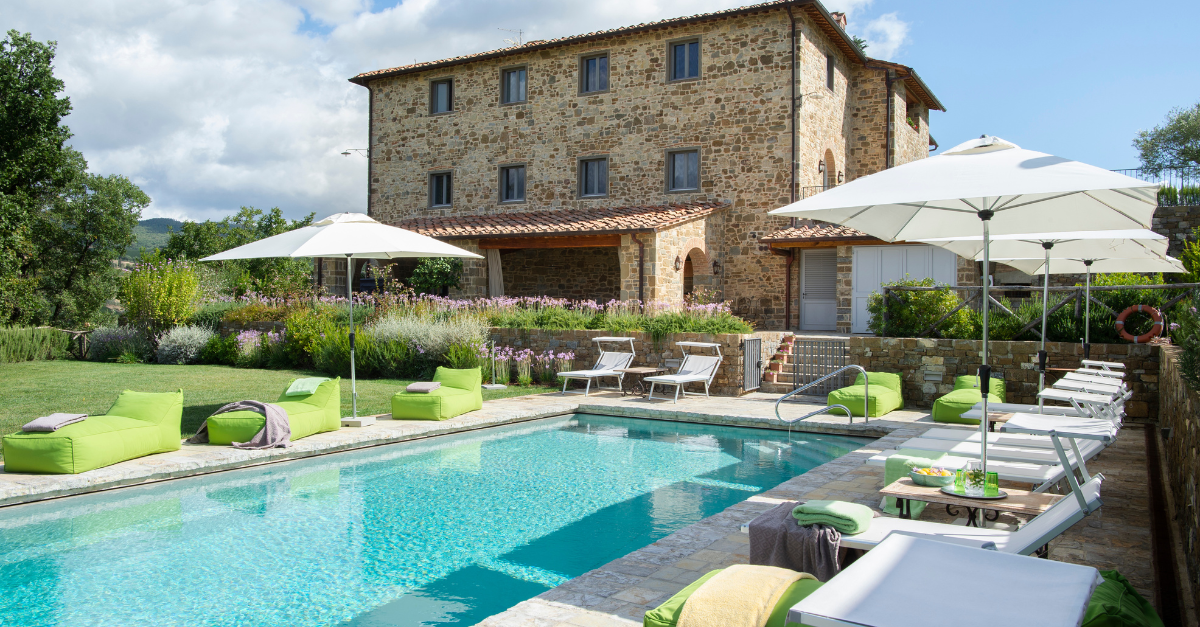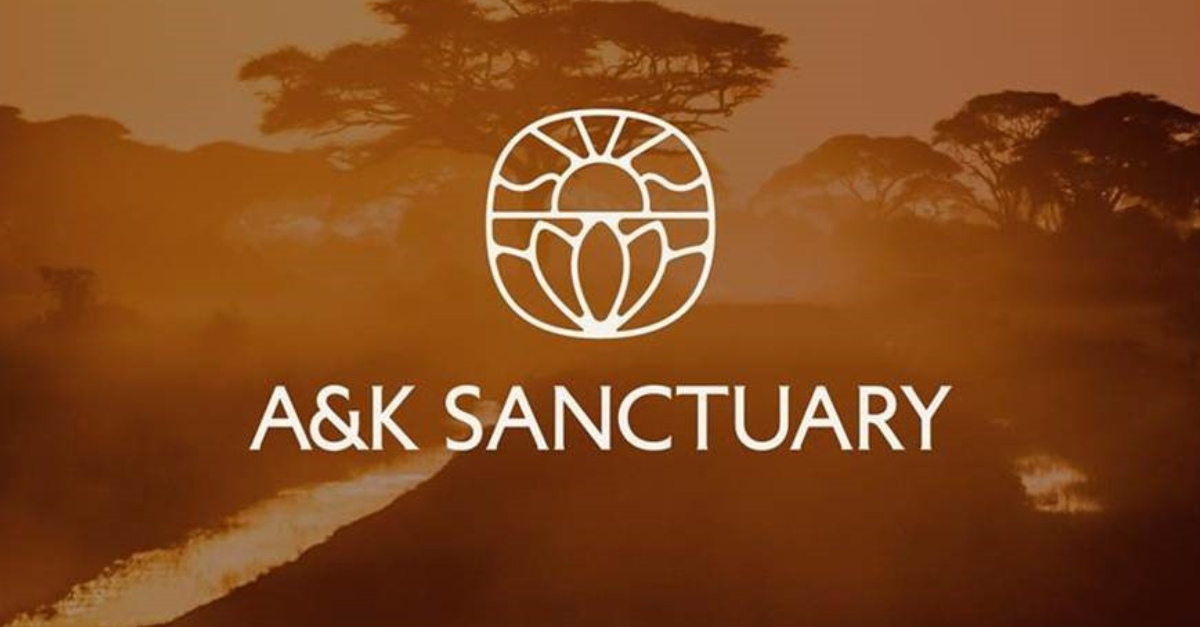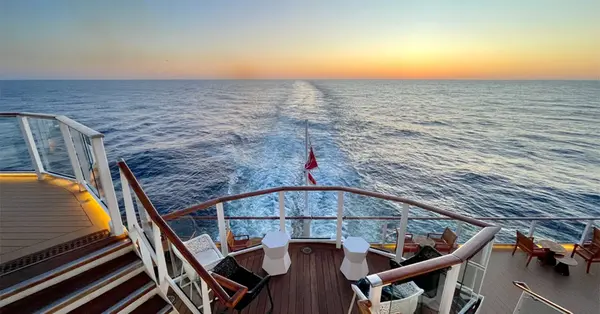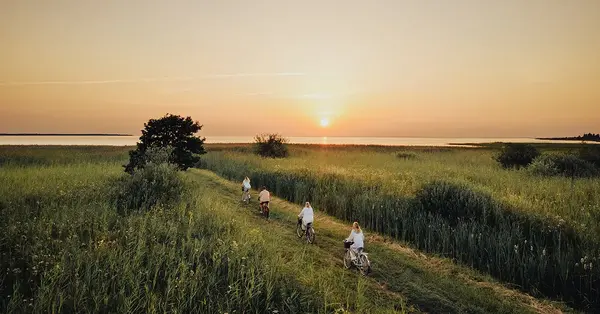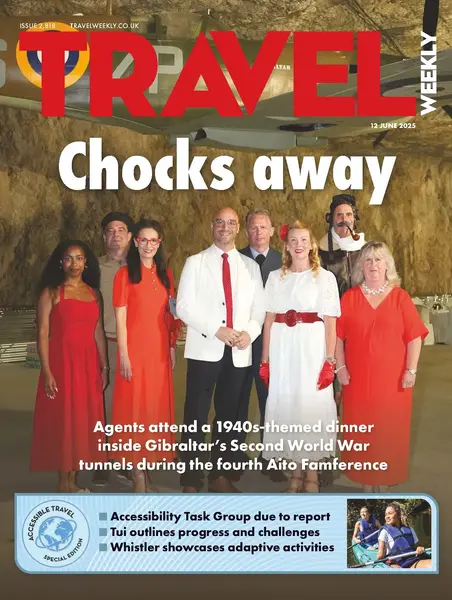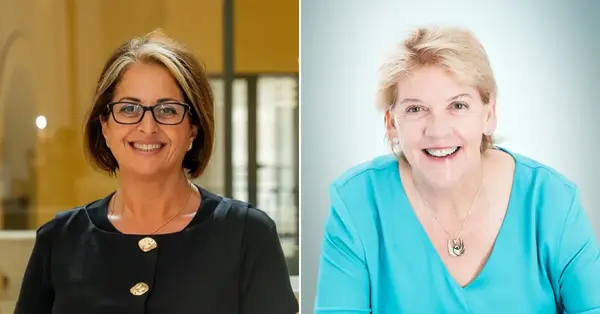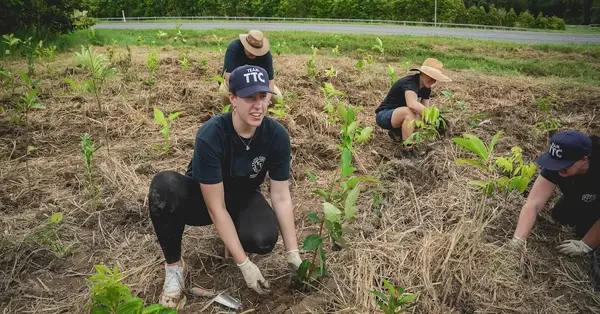You are viewing 1 of your 2 free articles
Spanish Tourist Office releases inaugural report into accessible travel
The Spanish Tourist Office has published its first report into accessible travel following a series of panel discussions with an advisory board comprising industry experts and people with disabilities.
The Accessibility Findings Report is intended to be seen as “steps to consider for destinations, businesses and enterprises who want to begin their own accessible tourism journey”.
The report was produced from three virtual sessions with an accessibility advisory panel, moderated by Angus Drummond, accessibility consultant and founder of Limitless Travel, with 17 other members including broadcaster Ade Adepitan.
More: UK airports improving on accessibility, finds CAA report
Recommendations from the panel include not defaulting to wheelchair users when talking about accessibility, alongside providing better advertising, more resources, training and education to the travel trade and end-consumer around catering to accessibility needs.
In addition, partnering with other organisations, charities, universities and specialist consultancies was encouraged to ensure organisations “should not feel they need to adapt alone”.
Other suggestions included ensuring that accessibility adaptations are “data-driven” and supported by insights from those with lived experiences of disability, with integrated feedback loops, and making sure the entire customer journey from searching to the booking process is adapted to accommodate for consumers with accessibility needs.
Manuel Butler, director of the Spanish Tourist Office, said the report was aimed to be used as “a launching point” for destinations or private travel companies starting their own accessibility journey.
Butler said: “At the Spanish Tourist Office, we believe everyone has a right to experience travel, and we are committed to reducing discrimination and improving accessibility within our travel sector.
“The spending power of disabled people in the UK is estimated at £274 billion, and we aim to better understand and cater to the needs of this important consumer demographic.”
He added in the report’s introduction that improving accessibility and social inclusivity were “far too often overlooked” when addressing sustainability issues, which should include social and economic pillars as well as environmental.
This report forms part of the tourist board’s Spain For All campaign, for which Adepitan is an ambassador, which aims to better understand the needs of disabled customers and use this to welcome them as “valued across the supply chain”.
Adepitan said the campaign “could be one of the most important moments in the history of Spanish tourism”.
More: Comment: Accessible travel should mean freedom and spontaneity
He added: “The disabled community has billions of pounds of spending power, but until now nobody has ever taken a serious look at how to give us that five-star service experience.
“We should not be seen as a burden and should be treated with the same respect as all paying customers. When you are dealing with a person with a disability, you should not make assumptions about what they can and can’t do. Ask them what they need and listen to them, listen to hear and not to challenge, and always have a can-do attitude.”
Moving forward, the Spanish Tourist Office plans to continue its accessibility advisory panel with its current members, as well as expand it to include more people with lived experiences of disabilities and from industry sectors not currently covered by the panel.
On this, Butler said: “We look forward to the continuation of this initiative to create further dialogue between Spain and the UK around accessible travel and further our understanding around the challenges travellers with accessibility needs may face, and the opportunities to improve.”

